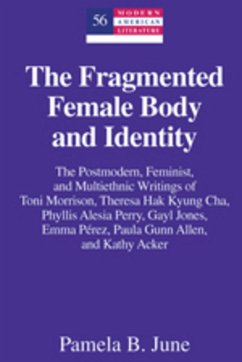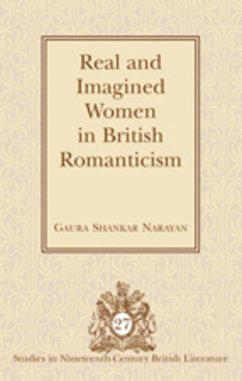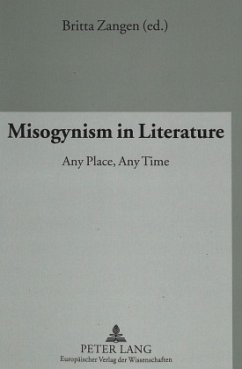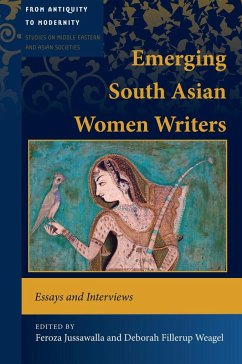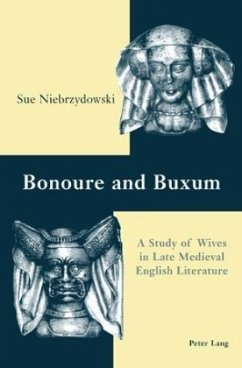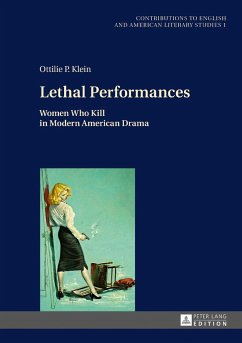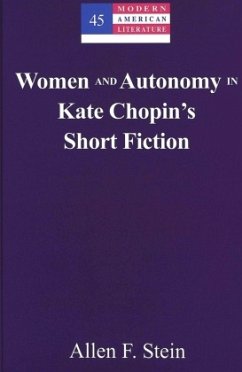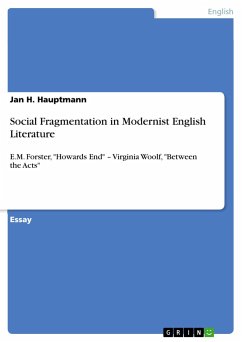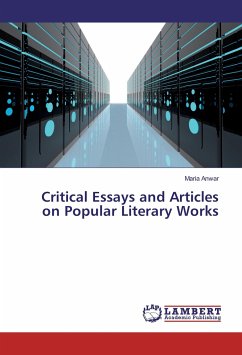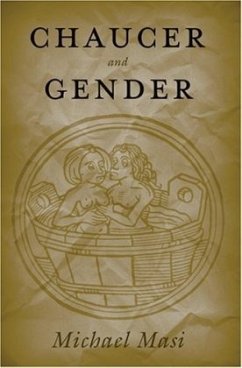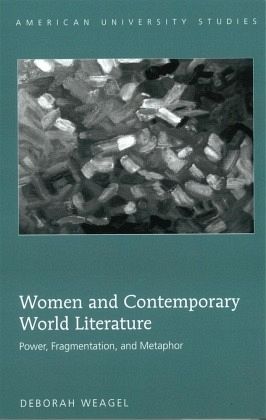
Women and Contemporary World Literature
Power, Fragmentation, and Metaphor
Versandkostenfrei!
Versandfertig in 6-10 Tagen
84,50 €
inkl. MwSt.

PAYBACK Punkte
0 °P sammeln!
Many women in cultures throughout the world exhibit resilience and power in the face of obstacles and vicissitudes. From colonial New Spain to postcolonial Africa and India, Women and Contemporary World Literature examines ways in which women in literature function within their specific culture and circumstances to confront the challenges they encounter. In spite of fragmentation in their lives - much like quiltmakers - they piece together the scraps of their existence to form an integrated and complete whole. With its focus on power, fragmentation, and metaphor, and a strong interdisciplinary...
Many women in cultures throughout the world exhibit resilience and power in the face of obstacles and vicissitudes. From colonial New Spain to postcolonial Africa and India, Women and Contemporary World Literature examines ways in which women in literature function within their specific culture and circumstances to confront the challenges they encounter. In spite of fragmentation in their lives - much like quiltmakers - they piece together the scraps of their existence to form an integrated and complete whole. With its focus on power, fragmentation, and metaphor, and a strong interdisciplinary approach, this book offers a unique perspective to scholars, teachers, and students of comparative literature, contemporary world literature, colonial and postcolonial literature, women's studies, interdisciplinary studies, and literature and cultural studies.



